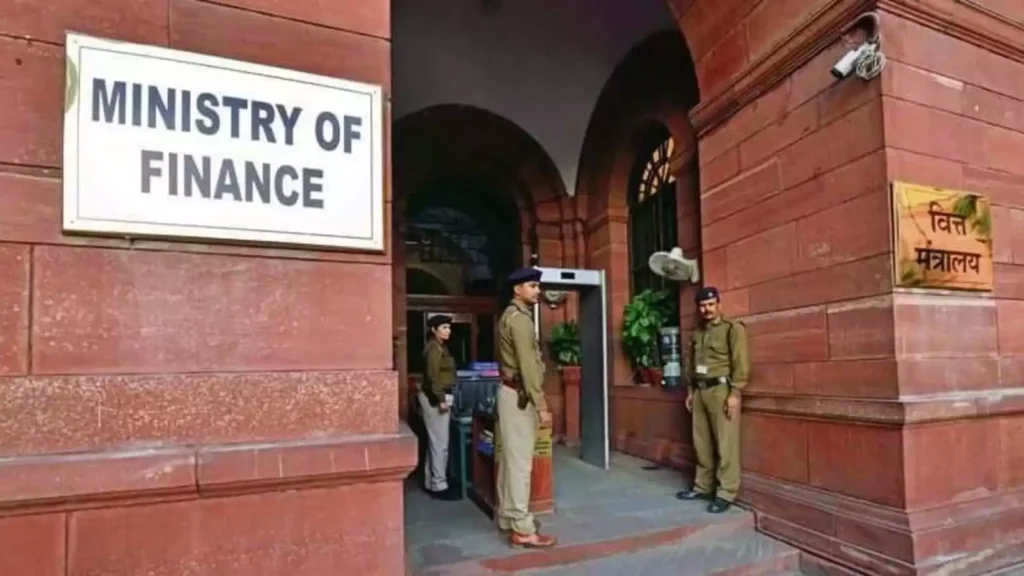The government is considering replacing the Indian Stamp Act of 1899 with a new, modernized bill titled ‘Indian Stamp Bill, 2023.’
About Indian Stamp Act 1899:
- The Indian Stamp Act, established in 1899, is the current law governing stamp duties in India.
- Stamp duties: A form of tax levied on documents, are initially imposed by the central government and managed by individual states under Article 268 of the Constitution.
- The 1899 Act has undergone amendments over time to adapt to changing economic scenarios.
Proposal for New Legislation:
- The Department of Revenue, under the Ministry of Finance, has drafted the ‘Indian Stamp Bill, 2023.’
- This bill aims to repeal the Indian Stamp Act, 1899, introducing a modern framework for stamp duty.
- The proposal highlights the need for a law that reflects current realities and objectives, as some provisions of the 1899 Act have become redundant or inoperative.
Scope and Impact:
- Stamp duties cover documents like bills of exchange, cheques, promissory notes, bills of lading, letters of credit, insurance policies, share transfers, debentures, proxies, and receipts.
- The new legislation is expected to streamline the stamp duty regime, making it more efficient and aligned with current economic practices
Ref: Source
| UPSC IAS Preparation Resources | |
| Current Affairs Analysis | Topperspedia |
| GS Shots | Simply Explained |
| Daily Flash Cards | Daily Quiz |



